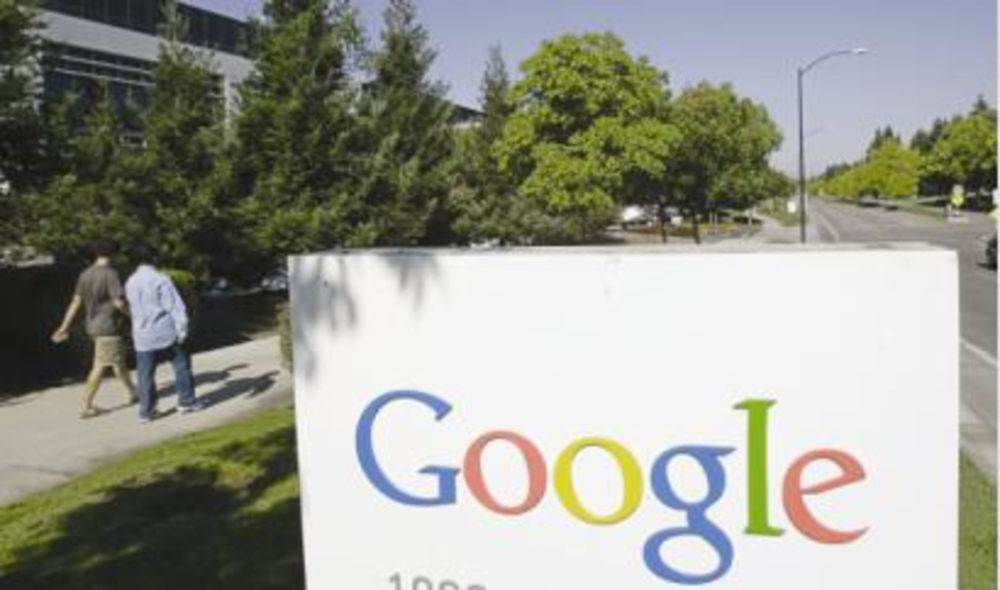Google is far from being unseated as the dominant player in the US search market. According to ComScore data for July, Google led the core search market with 61.9% of searches conducted in the US. Yet, new search engines continue to launch with an eye toward solving market issues including privacy, click fraud and relevant results.
Yahoo had a 20.5% share of the July search market, while Microsoft came in third with 8.9% of searches, according to ComScore.
And, Microsoft is not giving up the fight. At the Search Engine Strategies conference in San Jose in August, Satya Nadella, SVP of Microsoft’s search, portal and advertising group, said the company was committed to investing in its search marketing.
Microsoft has made a number of acquisitions with the stated goal of improving its search results. On August 29, it acquired Greenfield Online for $17.50 per share, in a transaction valued at $486 million. As part of the deal, Microsoft also acquired Ciao.com, a price comparison, shopping and consumer reviews site.
“Retail-related searches are the most popular type of queries that search engines deal with today,” said a Microsoft spokesperson when reached by e-mail on Friday. “As part of Live Search’s mission to deliver the best results, simplify key tasks and innovate in the search business model, Microsoft is confident that the acquisition of Greenfield Online will advance their commercial search efforts in Europe.”
Microsoft has also acquired travel search site Farecast and natural language technology company Powerset. It also launched Live Search Cashback, an ad-funded cash rebate program, in May. At that time, Microsoft said that its goal was to make Live Search the “premier search engine for the growing category of search queries that help consumers conduct research and purchase goods or services, and which are critical to merchants aiming to drive online sales of their products.”
With Google’s dominance, other search engines are trying to enter the market in a niche way, said Chrysi Philalithes, launch managing director at Steak. For example, UBExact recently launched in beta.
“This search engine was designed out of user frustration, rather than as an IT person thinking up a new cool way to design search,” said Wilhelmina Stephenson, founder and CEO of UBExact. Users have the option of using the UBExact search box or, if they want to save time, typing “ubexactyourtopic.com” into their browser’s address bar, she said.
Like Cuil, another search engine that launched earlier this summer, UBExact is also focused on user privacy. “For me, designing the search engine to complement user privacy rather than interfere with it was a high priority,” Stephenson said. “We only use session cookies, and those have been set to automatically expire when you end your search session.”
Unlike the three major search engines, UBExact offers ads based on a flat-rate structure rather than pay-per-click. According to Stephenson, preferred link ads that are keyword-based and appear on specific topics are available for $400 per year for local regions and $17,000 per year for metro regions. Nav Ads, which redirect searchers to a specific Web page, run under specific content topics and cost around $26,000 per year.
Stephenson claimed UBExact’s pricing and tracking model makes “the opportunity for click fraud obsolete” by eliminating the discrepancy between what an advertiser is paying for and how many clicks an advertiser is getting.
And, as with Wikia Search, Mahalo,OrganizedWisdom.com and Scour.com, UBExact also uses humans to improve the search experience.
Human editors are contracted to eliminate spam, malicious content, unwanted ads and dead links and pages, Stephenson said. In addition to vetting content, the con tractors also organize Web sites based on content so users can search on UBExact by category.
Currently the use of full-time independent contractors as its human editors has kept costs low, Stephenson said. But, UBExact has plans to hire an in-house team, which will increase the fixed cost of human editing, she added.
It is likely that Google’s growth will continue if the US Department of Justice approves its plan to enter a non-exclusive ad services agreement with Yahoo. If the plan is approved, Yahoo will have the ability to use Google’s AdSense for Search and AdSense for content advertising programs in the US and Canada. On Friday, the Justice Department confirmed that its antitrust division is currently reviewing the pending agreement. Both search engines said that they are happy to wait out the department’s review process.
“We have been and will continue to work cooperatively with the Department of Justice, and we look forward to moving ahead with the implementation [of the plan],” said Tracy Schmaler, a Yahoo spokesperson, in an e-mail to DMNews.
“When we announced our deal with Yahoo, we agreed to give the Department of Justice several months to review the deal before we began implementing it, and we continue to cooperate with regulators as that process continues,” said Adam Kovacevich, senior manager of global communications and public affairs at Google. “Ultimately, we have confidence that they’ll be able to conduct their review within that time period and allow us to move forward.”








